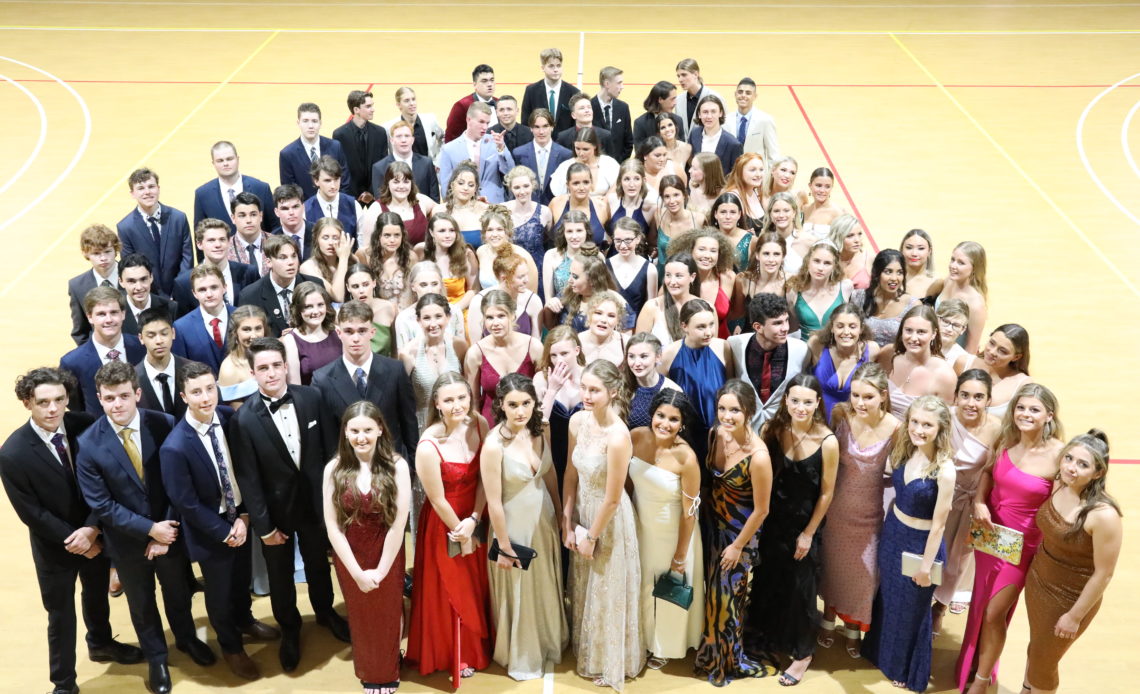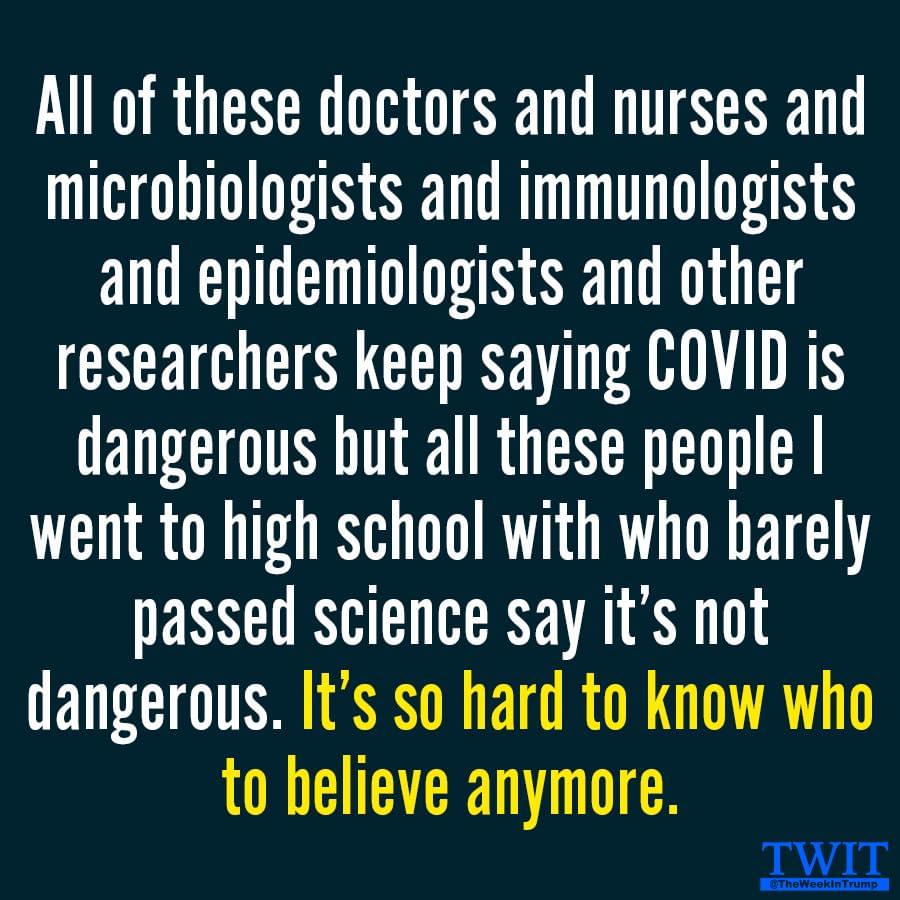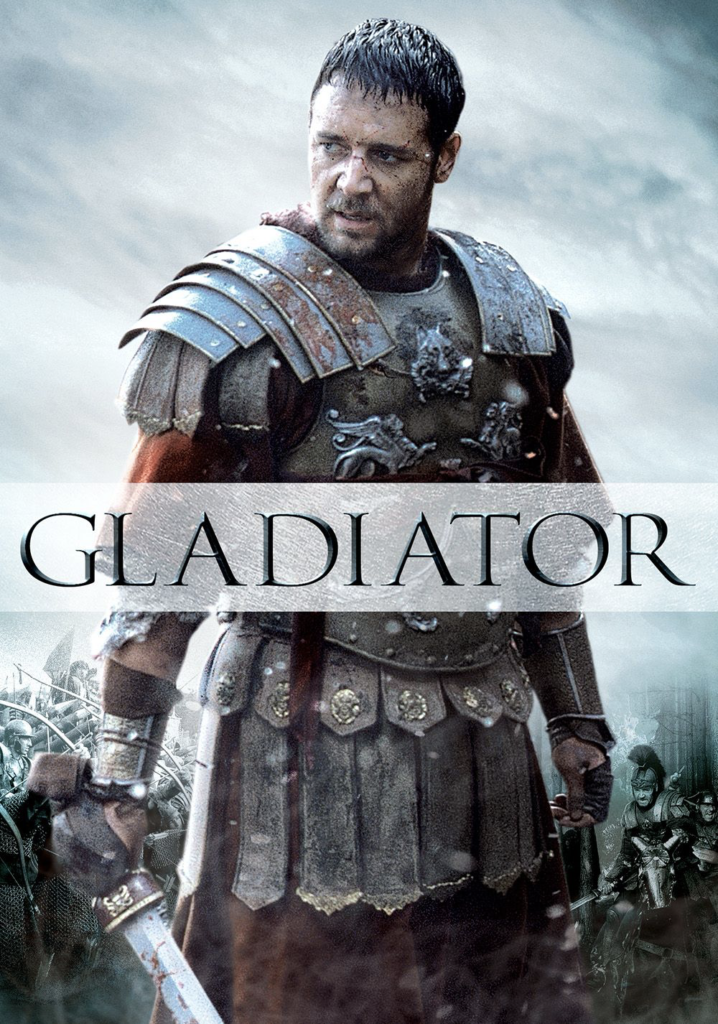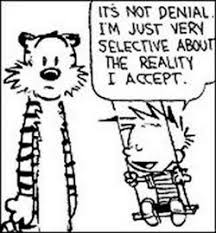
Our statement of intent in regards our graduates is clear.
St Columba Graduates will:
- Display, by their words and actions, a positive, Christian view of the world and their place in it.
- Understand that while they should be valued as an individual, their willingness to serve their community, now and in the future, will be a key to their continued growth.
- Have been shaped by the ethos and actions of the school and in turn, have played a role in the evolution of the school community towards greatness.
- Have been offered access to an education that not only allowed them to reach their academic potential but also provided them with the access to the knowledge and skills required to successfully enter the next phase of their lives as lifelong learners who are erudite, optimistic and disciplined.
- Understand the vital nature of change in the world and are prepared to face this reality with confidence and resilience.
- Be exposed to and given the opportunity to develop such 21st Century skills as agility, creativity and an ability to work collaboratively with others.
- Have developed leadership skills so that by their great and small actions, they will have the potential to make the world a better place.
One of the things that is included in this set of values is that we try to teach our students how to hear, listen, discern and decide on how to respond to what is going on around them. This seems really important in today’s hyper-connected world.

It seems much of our society has lost the capacity to discern what is true and be civil in any disagreement. In an almost endless list of areas of our civil life – politics, social issues, economics, health – we seem intent on creating a gladiatorial mode of speaking, with the winner being the one who spills the most of the opposition’s blood.

Passion and opinion are quickly replacing evidence and logic as foundations of policy and practice, and the loudest and most outraged voices often drown out the more considered ones, leaving little room for nuance or disagreement.
Today, in our tenuous circumstances, having an opinion you hold passionately gives individuals and groups the right to not only megaphone their beliefs, but damn anyone who dares to question them or or disagree with them. A passionate stance seems to hand you the right to lecture others, no matter how flawed your information, logic or your capacity to construct a coherent sentence.
While we offer our students knowledge, we also teach our students the skill of intelligent debate.
At St Columba, we seek to educate as well as train. Training, well done, leads to certainty. Education, when done properly, should lead to doubt – and in the words of Oscar Wilde, the ability to play gracefully with ideas.
Education fosters the mind to think independently whereas training is about skill, learning and how to do things.
Passion = Truth?
Volume = Truth?
Opinion = Truth?
Social media post = Truth?
Conspiracy theory = Truth?
Into this world schools like ours graduate students, and part of what we offer our students is the opportunity and skills to research, consider and synthesise information and misinformation before coming to a conclusion.

“Our Postmodern world, fosters the idea that leads to the idea that all thoughts and perceptions are equally valid. Any attempt to challenge those thoughts is characterised as some form of power or privilege in play. If someone challenges your world-view, rather than play with the ideas gracefully, you denounce the character and background of the challenger. Ironically, this can lead to a kind of mob rule, where certain ideas are sacrosanct and not open to challenge. This behaviour is found in workplaces too. Certain ideas, practices, or people are never to be challenged. Divergent thinking is frowned upon, and anything that goes against the orthodoxy is likely to invite a firestorm of character assassination. Jim Bright, Professor of Career Education.
We hope our students:
- gain the capacity to discern when they are being lied to, misled or manipulated by governments, politicians, bureaucrats, companies, organisations and media;
- know how to discern fact from opinion; and
- have the willingness to express their informed opinion in a manner that is both civil and constructive.
“By their great and small actions, they will have the potential to make the world a better place.”
Looking at the world today and the mode of political, social and health discourse of many adults, I hope for all our sakes, we get this right!

Principal

